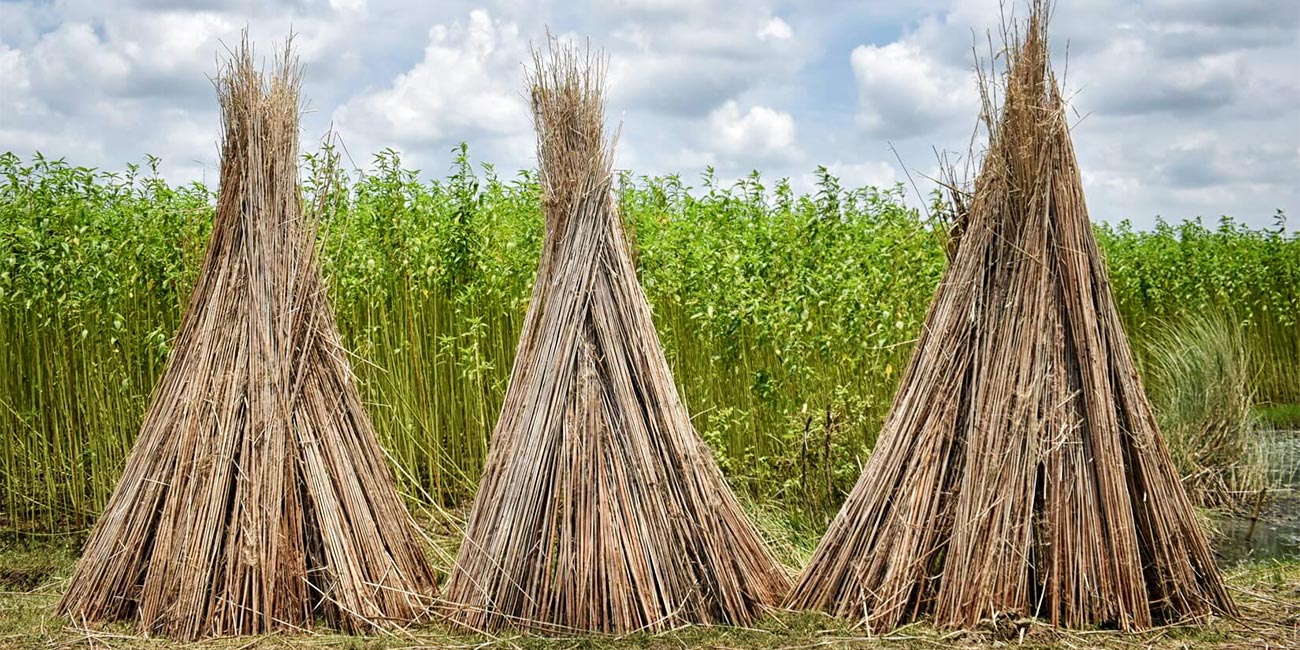Introduction: In the pursuit of sustainability, innovative approaches to waste management and resource utilization are paramount. One such innovation is the utilization of jute stick charcoal making machines, which offer a sustainable solution for converting jute sticks, a byproduct of jute cultivation, into valuable charcoal. This article delves into the workings and benefits of jute stick charcoal making machines, highlighting their role in promoting environmental conservation, supporting rural economies, and fostering sustainable development.

Understanding Jute Stick Charcoal Making Machines
Jute stick charcoal making machines are designed to convert jute sticks, the fibrous stalks left over after jute fiber extraction, into charcoal through a process known as carbonization. Carbonization involves heating organic material in the absence of oxygen, resulting in the decomposition of volatile components and the conversion of the remaining carbon-rich material into charcoal. Jute stick charcoal making machine facilitates this process through a combination of heating chambers, temperature control systems, and exhaust management mechanisms, ensuring efficient and environmentally friendly charcoal production.
Operational Mechanism
The operation of jute stick charcoal making machines typically involves several key steps. First, jute sticks are collected and prepared for carbonization by removing impurities and cutting them into uniform sizes. These prepared jute sticks are then loaded into the carbonization chamber of the machine, where they undergo heating in a low-oxygen environment. During this process, volatile compounds are driven off, leaving behind carbonized jute sticks, commonly known as jute charcoal. The charcoal is then cooled, collected, and processed into various forms for use in cooking, heating, or industrial applications.
Environmental Benefits
The adoption of jute stick charcoal making machines offers significant environmental benefits. By utilizing jute sticks, a renewable and abundantly available agricultural residue, as feedstock for charcoal production, these machines help mitigate deforestation and preserve natural forests. Unlike traditional charcoal production methods, which often rely on unsustainable harvesting of timber, jute stick charcoal making machines promote the utilization of agricultural waste, thereby reducing pressure on forest ecosystems and mitigating carbon emissions associated with deforestation. Furthermore, the carbonization process itself produces biochar, a nutrient-rich soil amendment that enhances soil fertility and promotes carbon sequestration, contributing to climate change mitigation efforts. If you want to process coffee husk, see coffee husk charcoal making machine.
Social and Economic Impacts
In addition to environmental benefits, jute stick charcoal making machines have positive social and economic impacts, particularly in rural areas where jute cultivation is prevalent. By providing an additional source of income for farmers through the sale of jute sticks for charcoal production, these machines contribute to rural livelihood diversification and poverty alleviation. Moreover, the establishment of jute stick charcoal production facilities creates employment opportunities in manufacturing, operation, and maintenance, supporting local economies and fostering community development. Additionally, the availability of affordable and eco-friendly jute charcoal provides households with a sustainable alternative to traditional charcoal or firewood, thereby improving energy access and reducing dependence on non-renewable fuels.

Challenges and Considerations
Despite the numerous benefits of jute stick charcoal making machines, several challenges and considerations must be addressed to realize their full potential. One challenge is the need for appropriate technology transfer and capacity building initiatives to facilitate the adoption and operation of these machines, particularly in rural and resource-constrained settings. Additionally, ensuring sustainable jute cultivation practices and supply chain management is essential to prevent overexploitation of jute resources and maintain ecosystem integrity. Furthermore, investment in research and development is needed to enhance the efficiency, scalability, and affordability of jute stick charcoal making machines, making them accessible to small-scale producers and communities. Also, u can find sewage sludge treatment plant.
Conclusion
Jute stick charcoal making machines offer a sustainable and socially responsible solution for converting agricultural waste into valuable charcoal, thereby contributing to environmental conservation, rural development, and poverty alleviation. By harnessing the potential of jute sticks, these machines not only reduce reliance on traditional charcoal production methods but also promote the utilization of renewable resources and support sustainable livelihoods. However, addressing challenges such as technology transfer, supply chain management, and investment in research and development is crucial to maximizing the impact of jute stick charcoal making machines and advancing sustainable development goals. With concerted efforts from policymakers, industry stakeholders, and communities, jute stick charcoal production can emerge as a viable and scalable solution for promoting sustainability and resilience in agricultural systems. Information on how to make charcoal from coconut shell.